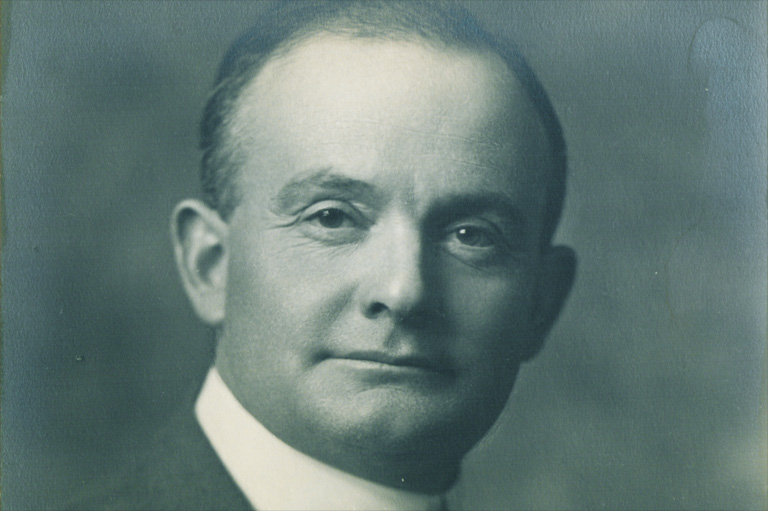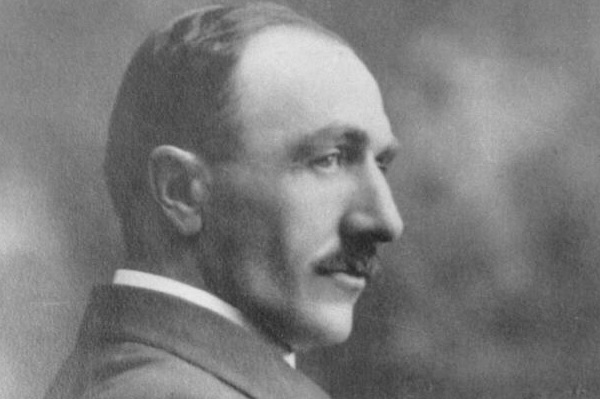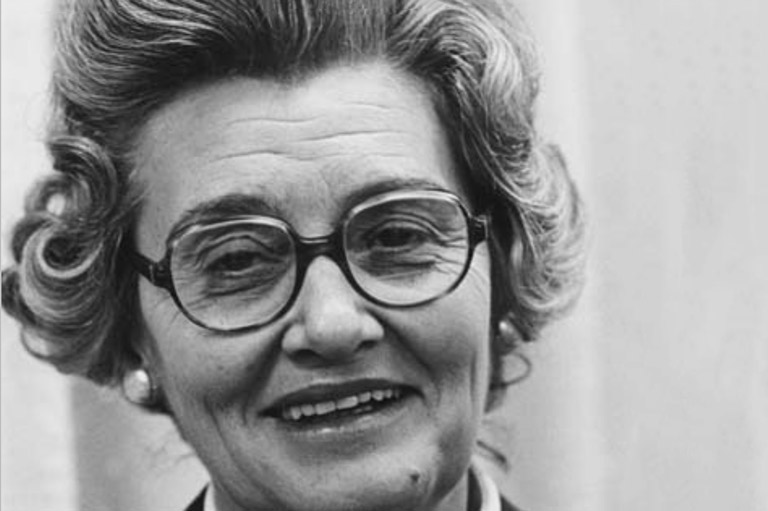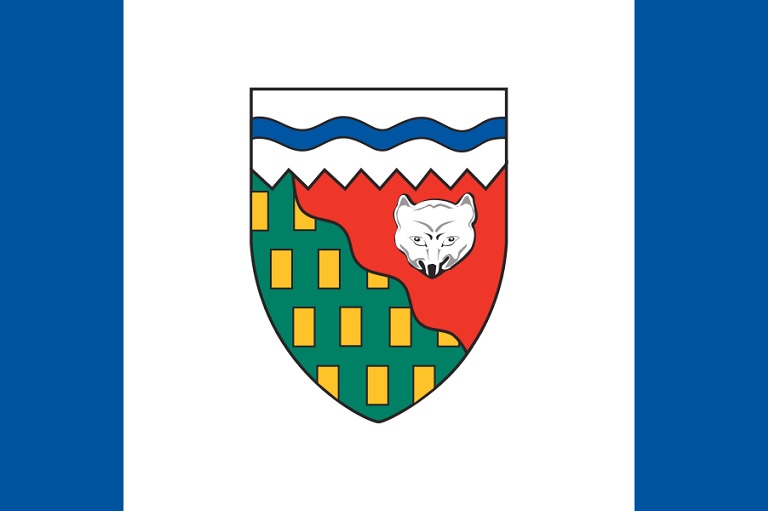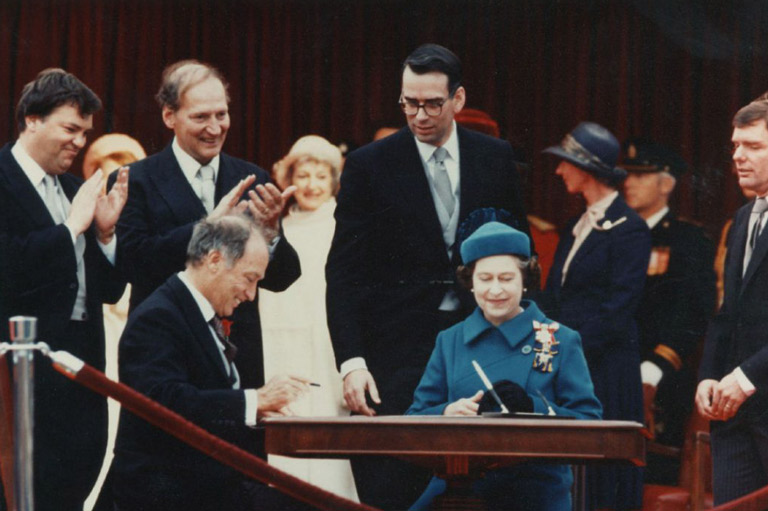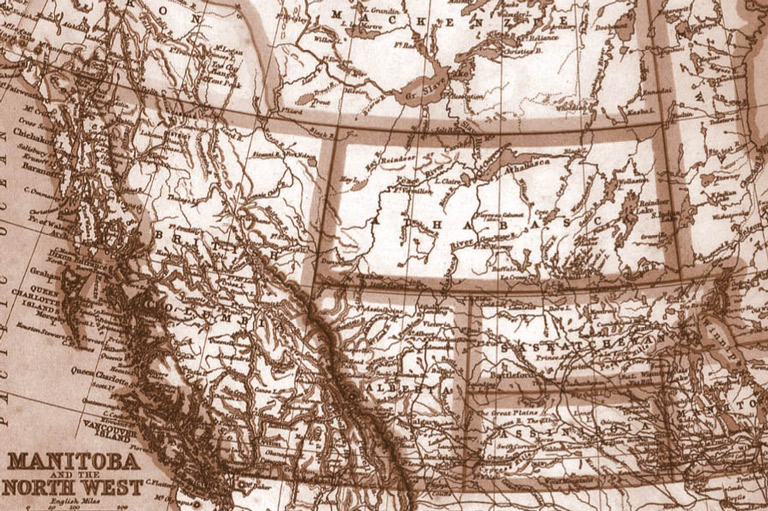Tommy Douglas Takes Mouseland
The CCF was first formed in 1932, as Canadians looked for new political parties to alleviate the effects of the Great Depression. The CCF emerged as a social democratic party formed by a coalition of left-wing labour and farm organizations. Their formal platform — the Regina Manifesto — rejected capitalism and called for a planned, socialized economy. Although the CCF quickly saw success on the federal stage, electing seven MPs in their first election, their greatest success occurred on the provincial level.
In 1944, CCF MP Tommy Douglas resigned his seat in parliament to lead Saskatchewan’s CCF party in their provincial election. Douglas, a former Baptist preacher, was a strong advocate for the CCF’s socialist ideals. An eloquent public speaker, Douglas delivered captivating speeches over the radio and to large groups. One of his most famous stories, Mouseland, was a critique of the Canadian political system. In his many speeches and public appearances, Douglas convinced the voters that his ideas weren’t all that radical and that they were, in fact, logical.
Article continues below...
Tommy Douglas led the CCF to a landslide win in Saskatchewan’s 1944 election, taking 47 of the 52 seats. Saskatchewan had elected the first socialist government in North America. Tommy Douglas won four more elections and remained Premier of Saskatchewan until 1961, when he resigned to become the national leader of the CCF’s successor, the New Democratic Party.
As Premier of Saskatchewan, Douglas ran an efficient government, even reducing the province’s debt by $20 million. He pioneered many social programs and economic reforms that would later be implemented in other provinces. In particular, he is often hailed as the “father of Medicare” for instituting Canada’s first system of universal, pre-paid health care.
The 1944 election marked a significant moment in both Saskatchewan’s and Canada’s history. It was Tommy Douglas’ vision and innovation that led to the creation of our modern healthcare system, the Bill of Rights, unemployment insurance, old age pensions, and many other social programs that Canadians enjoy today.
Themes associated with this article
Advertisement


